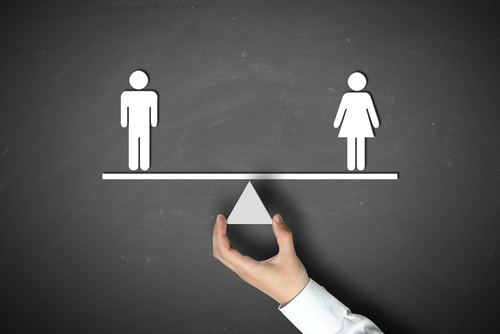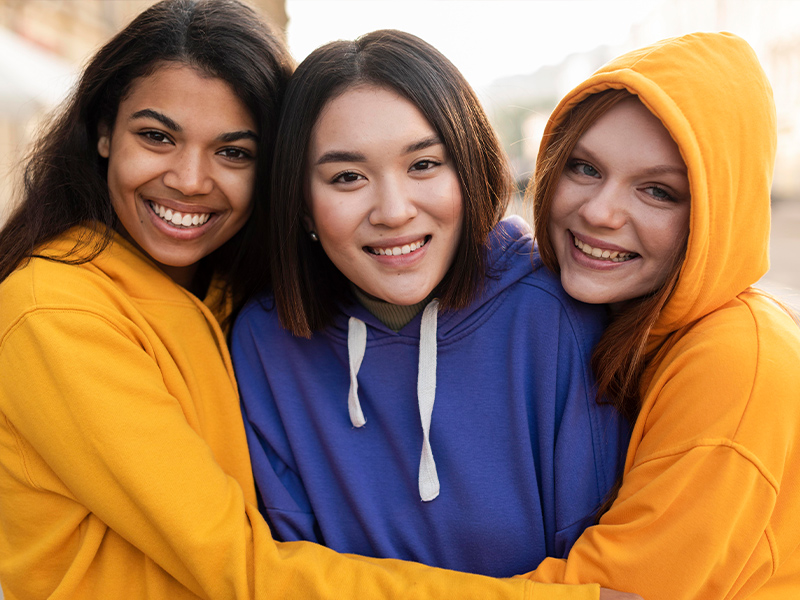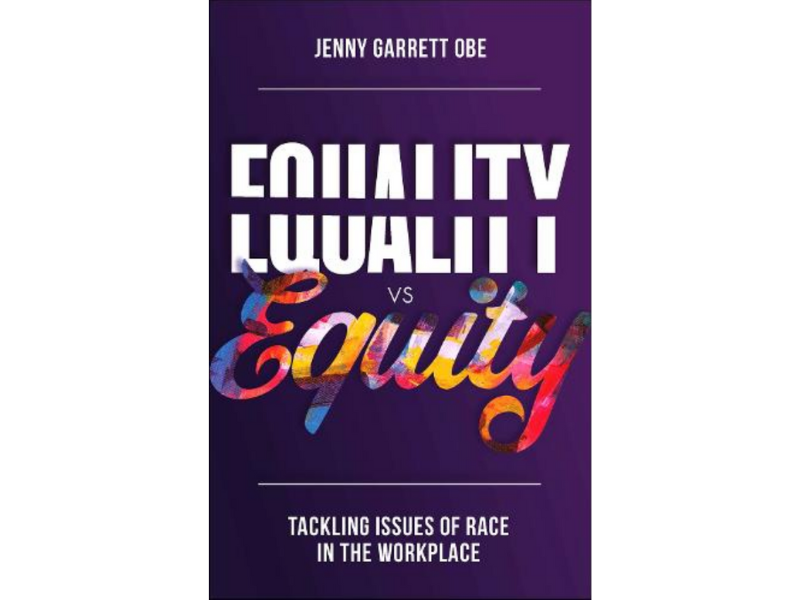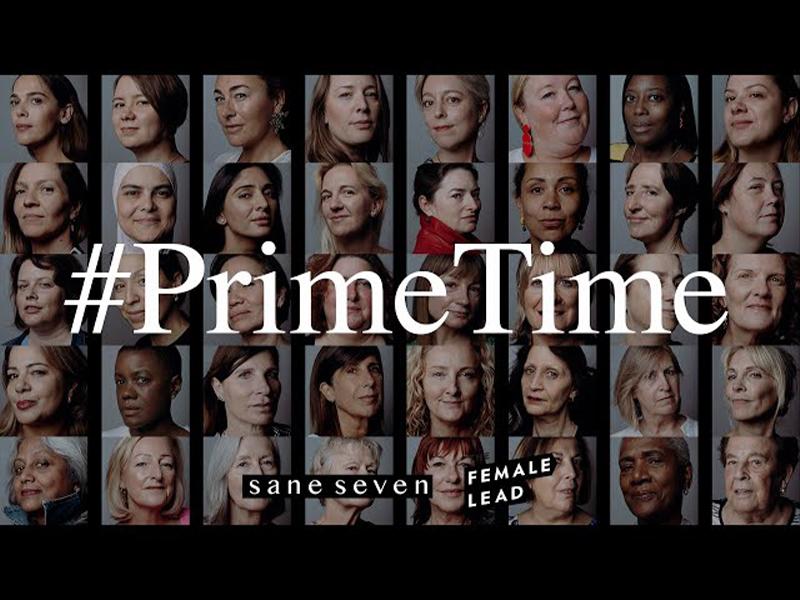By Sophie Hennekam and Yuliya Shymko, Professors at Audencia Business School
 As COVID-19 continues to impact lives and livelihoods around the world, the pandemic’s regressive effect on gender equality is attracting media attention.
As COVID-19 continues to impact lives and livelihoods around the world, the pandemic’s regressive effect on gender equality is attracting media attention.
A report by McKinsey reports that women’s jobs are 1.8 times more vulnerable to this crisis than men’s jobs. Women make up 39 percent of global employment but account for 54 percent of overall job losses. One reason for this greater effect on women is that the virus is significantly increasing the burden of unpaid care, which is disproportionately carried by women. Also, women are more vulnerable to COVID-19–related economic effects because of existing gender inequalities around the world.
However, a qualitative study carried out by Audencia in France, with data from 85 questionnaires and diary entries of 20 people during the first three weeks of lockdown, has revealed that this unprecedented experience has boosted as much as harmed the quest for gender equality.
The results of our study show that in fact COVID-19 has been a catalyst in developing gender-specific behaviours to deal with the crisis, and may have a positive effect on gender equality. Two distinct trends emerged from the data collected.
On the one hand, stereotypical gender roles have intensified. While men tend to exhibit an attitude of strength and control, women often admitted feeling anxious and stressed about failing in their domestic duties.
On the other hand, the COVID-19 crisis has increased awareness about the traditional gender role system and in some cases has presented an opportunity for deconstructing or dismantling it. Both men and women stressed that the crisis has inspired them to change their work-life balance and to adopt more egalitarian modes of cohabitation. For example, some respondents reported that the crisis reduced their usual self-imposed pressure to be productive and that this weakened the importance of traditional gender roles such as those of the ‘breadwinner’ or the ‘perfect mother’. Both women and men saw the crisis as a long-needed invitation to reflect upon their real needs and priorities in terms of their work-life balance and reinvented their relations to each other. This sense of freedom was voiced by one of the female participants: “We’re very much dependent on the perception and judgment of others, our consumption, our work. Now, I feel free to make my own choices”.
In our study, we observed that at the onset of the lockdown, strategies for dealing with extraordinary circumstances were aligned with gender stereotypes, where awareness of gender-centred social expectations provided a framework for action in a situation that was otherwise inconceivable. Therefore, we argue that when disaster strikes, gender stereotypes can provide an initial direction in the midst of chaos; it compensates and reassures at the same time as it offers a temporary prospect of order. However, as the pandemic progressed and the crisis deepened, the need for a new approach emerged. Some people stubbornly sought to maintain their gender roles, even if it made them unhappy, while others chose to ditch role-playing games in favour of something ‘more meaningful’.
During the COVID-19 crisis, with no rules for behaviour, and tools of performativity set aside, improvised self-governing strategies emerged when household members entered uncharted territory. Like musical improvisation, they did not know where the crisis would lead or end, but as gender guidelines and prescriptions were suspended or became moot, something meaningful, unique and inimitable could arise and materialise.
When a traditional role structure ceases to make sense, the normalised and assumed system of defining roles becomes obsolete, and the construction of a new organisation of relationships is necessary.
Our results demonstrate that liberation and aspiration for change do not begin when individuals try to reconcile their old and new selves, their past and present experiences, their private and professional identities, but when they give up entirely the possibility of such reconciliation and resolutely refuse to be guided by pre-crisis behavioural norms. To explore new possibilities, make new resolutions and achieve new ideals discovered during the pandemic, individuals need to have the courage to go beyond gender complacency. It is only from there that equality between men and women at home can be considered and implemented.
WeAreTheCity covers the latest female centric news stories from around the world, focusing on women in business, careers and current affairs. You can find all the latest gender news here.
Don’t forget, you can also follow us via our social media channels for the latest up-to-date gender news. Click to follow us on Twitter, Facebook, Instagram, and YouTube.








